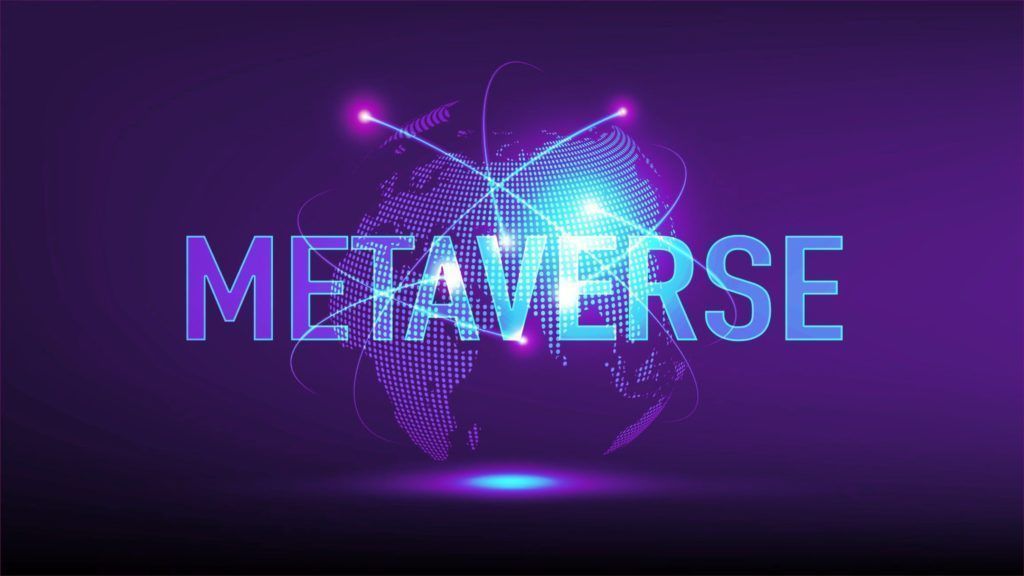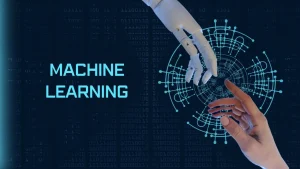The digital universe is expanding beyond screens and devices. We are entering the metaverse a shared, immersive virtual world where people can work, play, socialize, and even build new economies. What once seemed like science fiction is now becoming a reality, driven by advances in AI, VR, AR, and blockchain technologies. The metaverse is not just a trend; it’s the next evolution of the internet itself.
Table of Contents
What Is the Metaverse?
The metaverse refers to a collective virtual environment where digital and physical realities blend together. It’s an interconnected network of 3D worlds, accessible through virtual reality (VR), augmented reality (AR), and traditional screens.
In simple terms, the metaverse is an evolution of the internet from flat, 2D browsing to an immersive 3D experience. Users can interact with each other, attend events, buy virtual goods, or explore simulated worlds using avatars.
Tech giants like Meta (Facebook), Microsoft, Apple, and NVIDIA are investing billions into metaverse infrastructure, signaling that this digital universe is the future of human interaction and digital business.
How the Metaverse Works
The metaverse is powered by a combination of cutting-edge technologies that bring realism, connectivity, and interactivity to virtual environments.
- Virtual Reality (VR) creates fully immersive experiences using headsets and sensors.
- Augmented Reality (AR) overlays digital content onto the real world using smartphones or smart glasses.
- Artificial Intelligence (AI) powers NPCs, personalized experiences, and digital assistants.
- Blockchain ensures ownership, security, and decentralized transactions within virtual economies.
- 5G and Edge Computing provide the high-speed connectivity needed for seamless real-time interaction.
Together, these technologies form the backbone of a connected virtual ecosystem that mirrors — and enhances — real life.
The Evolution of the Metaverse
The metaverse didn’t appear overnight. It has evolved through several technological phases:
- Early Virtual Worlds – Games like Second Life and World of Warcraft introduced persistent digital spaces where users interacted socially and economically.
- Social Media Integration – Platforms like Roblox, Fortnite, and Minecraft blurred the line between gaming and social networking.
- Decentralized Virtual Economies – The rise of NFTs and Web 3.0 introduced digital ownership and virtual real estate, giving users control over assets within it.
Now, it is shifting from entertainment to real-world applications in education, business, healthcare, and beyond.
Real-World Applications
1. Work and Collaboration
The metaverse is redefining remote work. Virtual offices like Microsoft Mesh allow employees from across the world to meet as avatars, collaborate on 3D models, and interact naturally almost like being in the same room. This could revolutionize corporate culture, reducing the need for physical offices.
2. Education and Training
In education, the metaverse enables immersive learning. Students can explore historical sites in 3D, perform virtual science experiments, or attend global lectures using VR headsets. Medical students already practice surgeries in virtual labs powered by simulations.
3. Entertainment and Gaming
Entertainment remains a driving force. Games like Fortnite have evolved into social platforms where players attend virtual concerts and live events. Movies, art exhibitions, and theater performances are being hosted in 3D environments, creating new forms of storytelling.
4. Virtual Commerce
The metaverse is also transforming how we buy and sell. Virtual real estate, digital fashion, and NFT-based goods are booming. Companies like Nike and Gucci have launched metaverse stores where users can try and buy virtual products for their avatars creating an entirely new digital economy.
5. Healthcare and Therapy
In healthcare, virtual environments are being used for therapy, rehabilitation, and mental health support. Patients can confront phobias, reduce anxiety, or recover motor skills in controlled virtual settings. This makes treatment more personalized and engaging.
The Economic Impact
Analysts predict that the metaverse economy could exceed $5 trillion by 2030, encompassing digital goods, advertising, education, and virtual real estate. As businesses establish their presence in it new job roles such as virtual architects, digital fashion designers, its marketers are emerging.
For brands, it provides a golden opportunity to engage with audiences through immersive storytelling and interactive experiences. It’s the next digital frontier for marketing, commerce, and creativity.
Challenges and Ethical Concerns
Despite its promise, it raises important ethical and social questions. Issues such as data privacy, digital identity, cybercrime, and addiction must be addressed before widespread adoption.
There’s also concern about digital inequality not everyone has access to high-end VR hardware or fast internet. Ensuring inclusivity and accessibility will be critical to making it truly universal.
The Future
In the coming decade, the metaverse will become more interoperable, intelligent, and realistic. Advances in AI and 6G connectivity will make virtual worlds nearly indistinguishable from physical reality.
Eventually, people will move seamlessly between real and digital spaces, blurring the line between “online” and “offline.” The future of it won’t replace reality it will expand it.
Conclusion: A New Reality for Humanity
The metaverse is more than just a digital trend it’s the foundation of a new digital civilization. As technology continues to evolve, our interactions, economies, and even our identities will find new expression in virtual worlds.
The metaverse revolution is changing reality itself, transforming how humans connect, create, and experience life. The question is no longer if it will shape our future but how far it will go in redefining what reality truly means.





1 thought on “Metaverse Revolution – Comprehensive Guide – 2025”